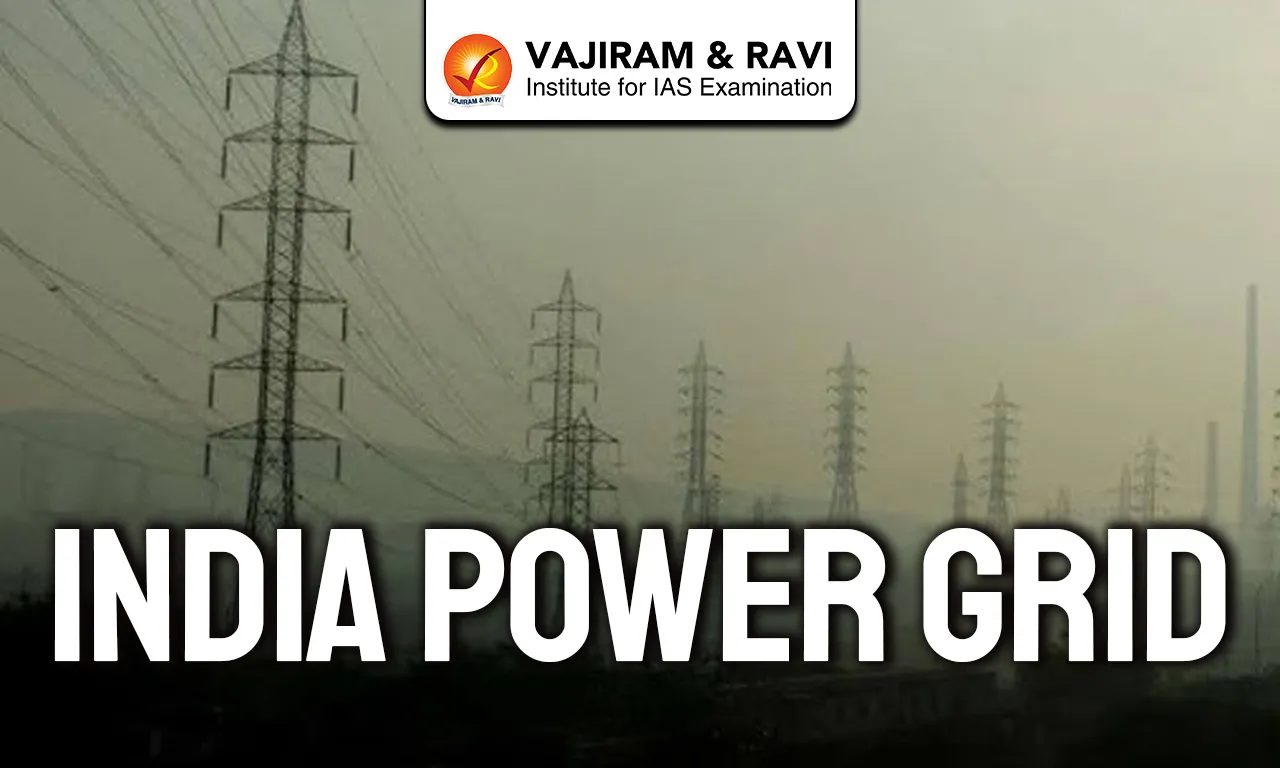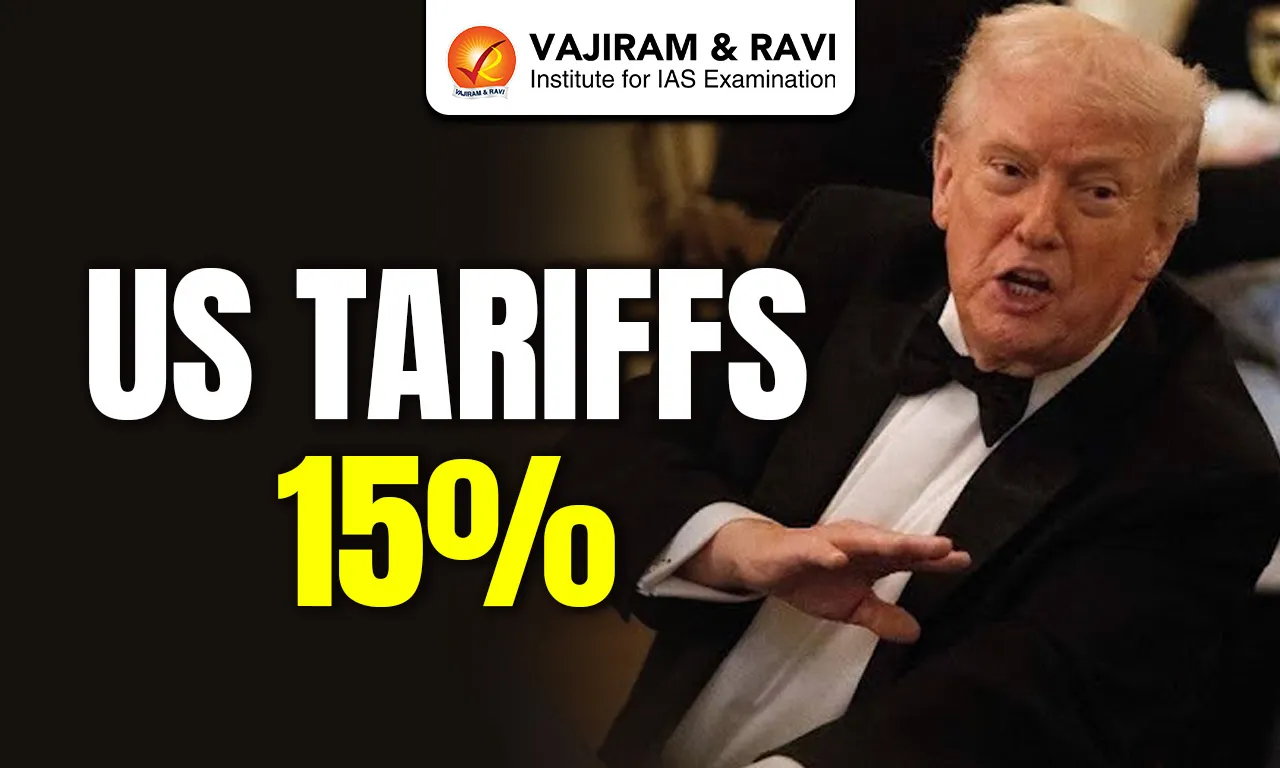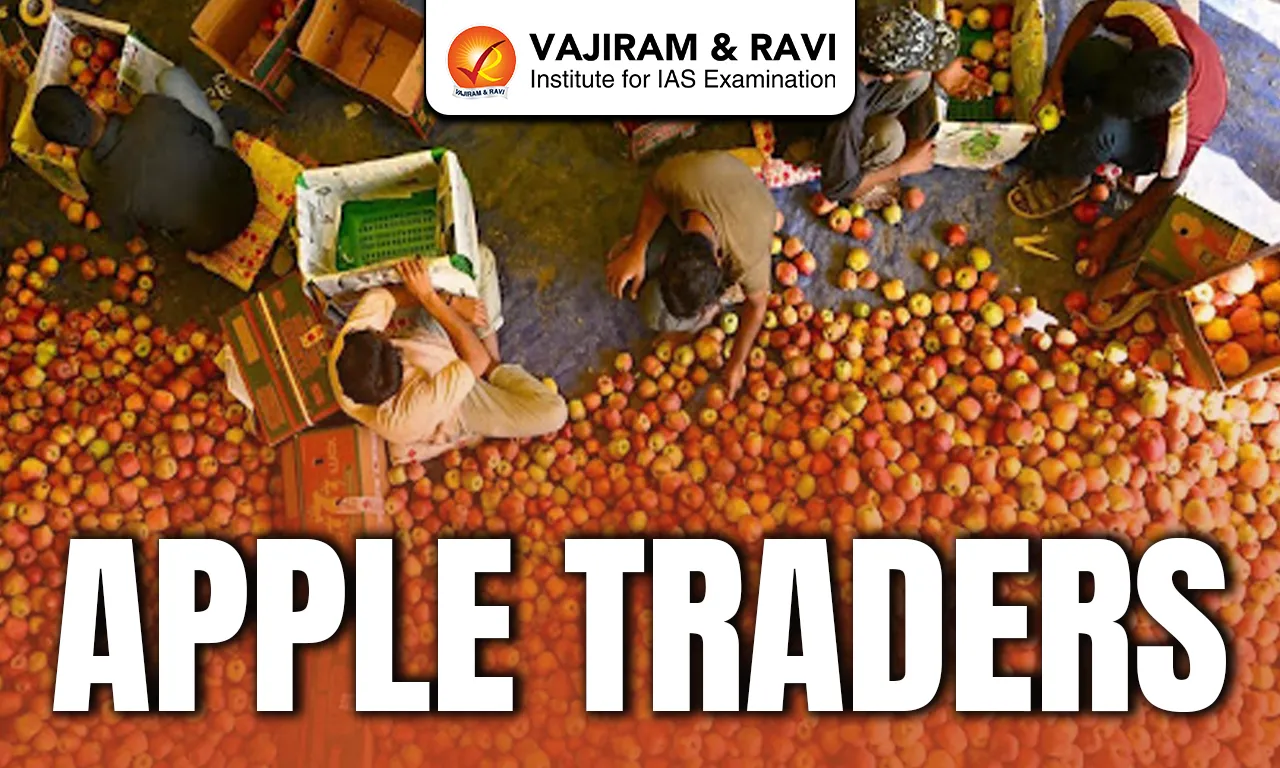What’s in today’s article?
- Why in News?
- What is Inflation?
- Measuring Food Inflation in India
- Impact of Monsoon on Sowing this Season
- Role of El Nino
Why in News?
- Retail inflation in June hit a three-month high at 4.81 per cent, due to soaring vegetable prices.
- Despite late arrival, the monsoon staged a recovery, leading to a surge in kharif crop plantings, which is likely impact food inflation positively.
What is Inflation?
- Inflation is basically the general rise in the price of goods and services and the decline in purchasing power of people.
- This means that when inflation rises (without an equivalent rise in income), consumers are able to buy lesser things than they could buy previously, or have to pay more money for the same stuff now.
Measuring Food Inflation in India
Image Caption: Food Inflation in India
- Any price index can in principle be calculated using producer, consumer, or wholesale prices, with each serving a different purpose.
- The producer price index measures the average selling prices received by domestic producers of goods and services.
- This contrasts with other inflation measures, such as the consumer price index (CPI) which measures average prices from the consumer’s perspective.
- Seller and consumer prices may differ; for example, due to taxes, subsidies, and distribution costs.
- The wholesale price index (WPI) ideally measures average prices in the wholesale market; that is, where goods are sold in bulk.
- These price indices are used to measure the average change over time in selling prices received by producers (producer price index inflation), or prices paid by consumers (CPI inflation), or the average price change in the wholesale market (WPI inflation).
Impact of Monsoon on Sowing this Season
- The bulk of kharif sowings happen from mid-June to mid-August. Rainfall in June-July decides how much area is covered.
- August-September rain matters for yields of the crops already sown.
- The same rain helps fill up reservoirs and ponds and recharge groundwater tables, which provide moisture for the subsequent rabi winter-spring crops.
- For now, the monsoon and kharif sowings have both been good. The initial worries, over whether there would be adequate rain to enable farmers to plant, are over.
Role of El Nino
Image Caption: El Nino
- El Nino is a weather phenomenon in which warming of the ocean surface is caused, or above-average sea surface temperatures (SST), in the central and eastern tropical Pacific Ocean.
- It is associated with lower than normal monsoon rainfall in India.
- In June this year, the Oceanic Nino Index (ONI) touched 0.8 degrees Celsius. This was above the El Nino threshold of 0.5 degrees.
- The ONI measures the average sea surface temperature deviation from the normal in the east-central equatorial Pacific region.
- Most global weather agencies are forecasting El Nino to not only persist, but strengthen through the 2023-24 winter.
- This would mean the monsoon entering a weak phase in August.
- If rainfall activity becomes progressively weaker, the impact can extend to the rabi season crops.
Q1) How does La Nina affect India?
El Nino, as is commonly known, refers to an abnormal warming of surface waters in equatorial Pacific Ocean. It is known to suppress monsoon rainfall. The opposite phase, La Nina, which is the abnormal cooling of sea surface waters in the same region, is known to aid rainfall over India.
Q2) Who measures Consumer Price Index in India?
The Consumer Price Index in India is calculated and released by the Ministry of Statistics and Programme Implementation on a monthly basis, and it covers both rural and urban areas.
Last updated on February, 2026
→ UPSC Notification 2026 is now out on the official website at upsconline.nic.in.
→ UPSC IFoS Notification 2026 is now out on the official website at upsconline.nic.in.
→ UPSC Calendar 2026 has been released.
→ UPSC Final Result 2025 is expected to be released in the second week of April 2026.
→ Check out the latest UPSC Syllabus 2026 here.
→ Join Vajiram & Ravi’s Interview Guidance Programme for expert help to crack your final UPSC stage.
→ UPSC Mains Result 2025 is now out.
→ UPSC Prelims 2026 will be conducted on 24th May, 2026 & UPSC Mains 2026 will be conducted on 21st August 2026.
→ The UPSC Selection Process is of 3 stages-Prelims, Mains and Interview.
→ Prepare effectively with Vajiram & Ravi’s UPSC Prelims Test Series 2026 featuring full-length mock tests, detailed solutions, and performance analysis.
→ Enroll in Vajiram & Ravi’s UPSC Mains Test Series 2026 for structured answer writing practice, expert evaluation, and exam-oriented feedback.
→ Join Vajiram & Ravi’s Best UPSC Mentorship Program for personalized guidance, strategy planning, and one-to-one support from experienced mentors.
→ Check UPSC Marksheet 2024 Here.
→ UPSC Toppers List 2024 is released now. Shakti Dubey is UPSC AIR 1 2024 Topper.
→ Also check Best UPSC Coaching in India




















